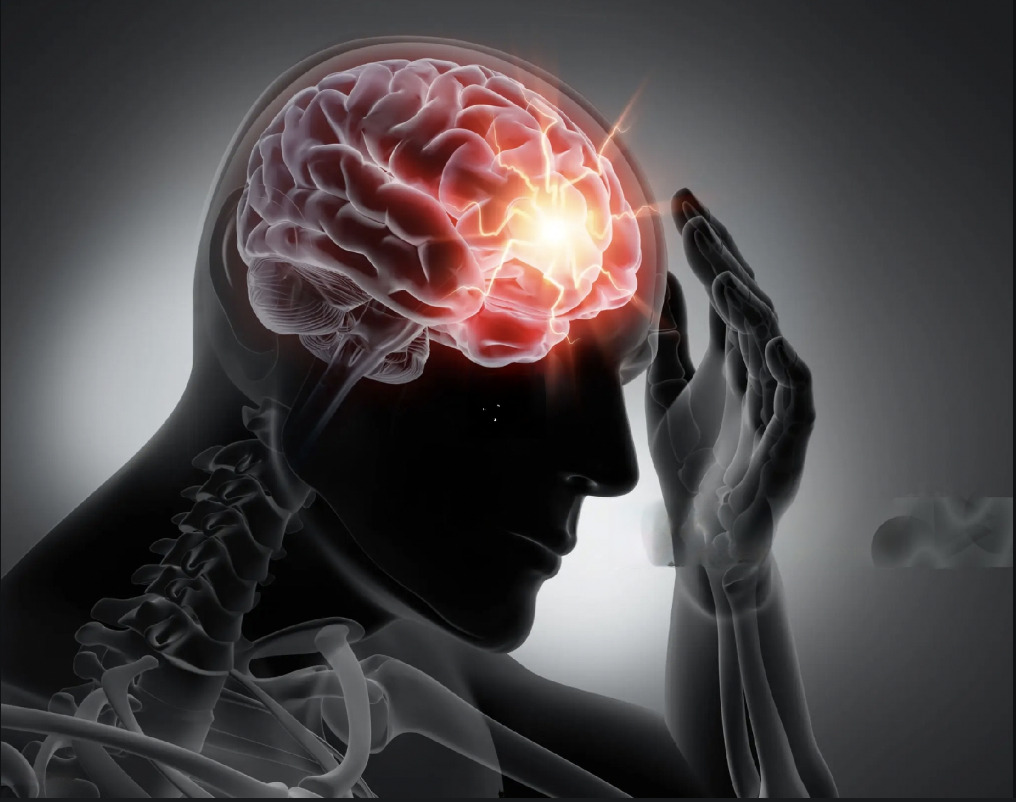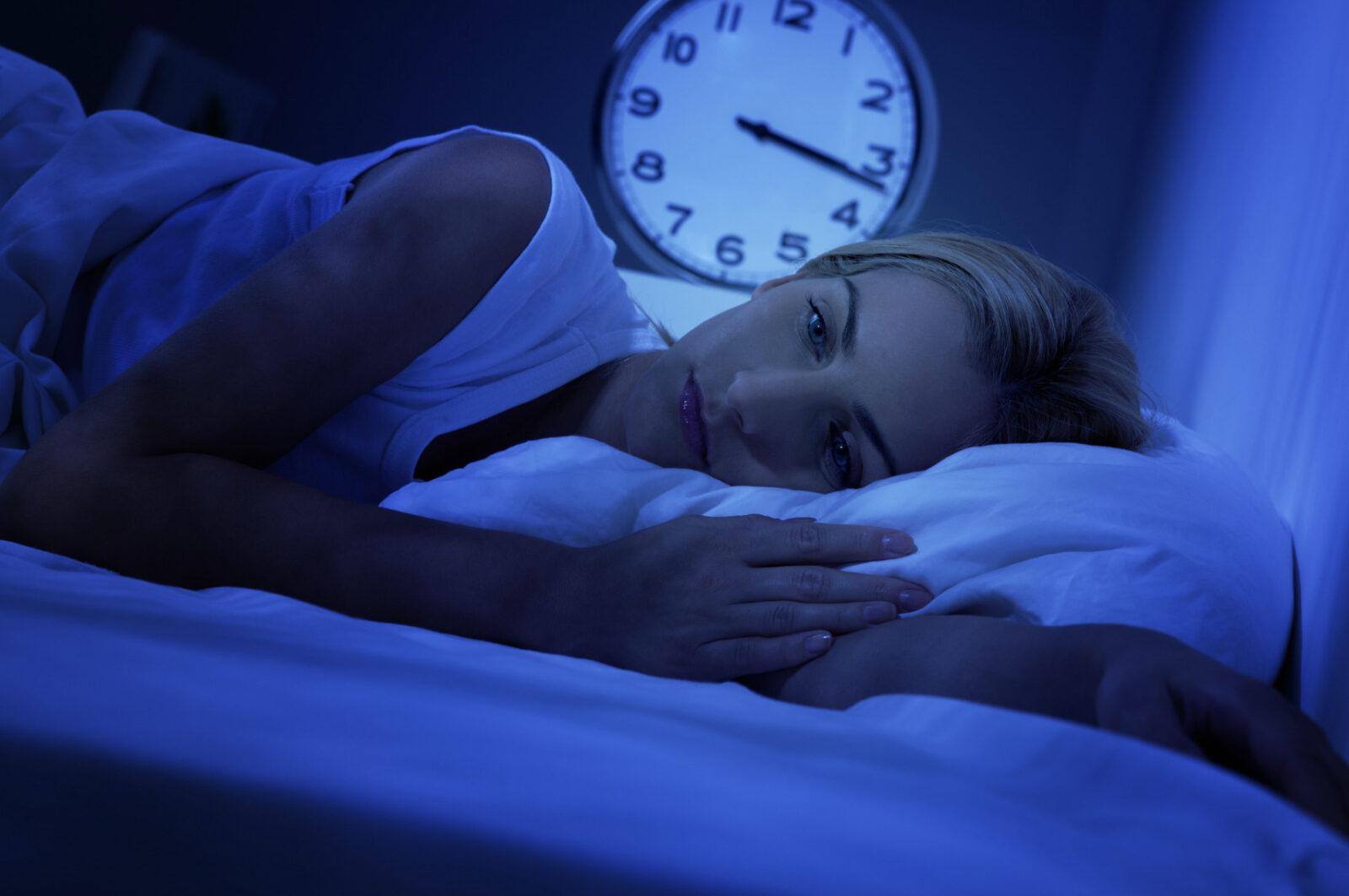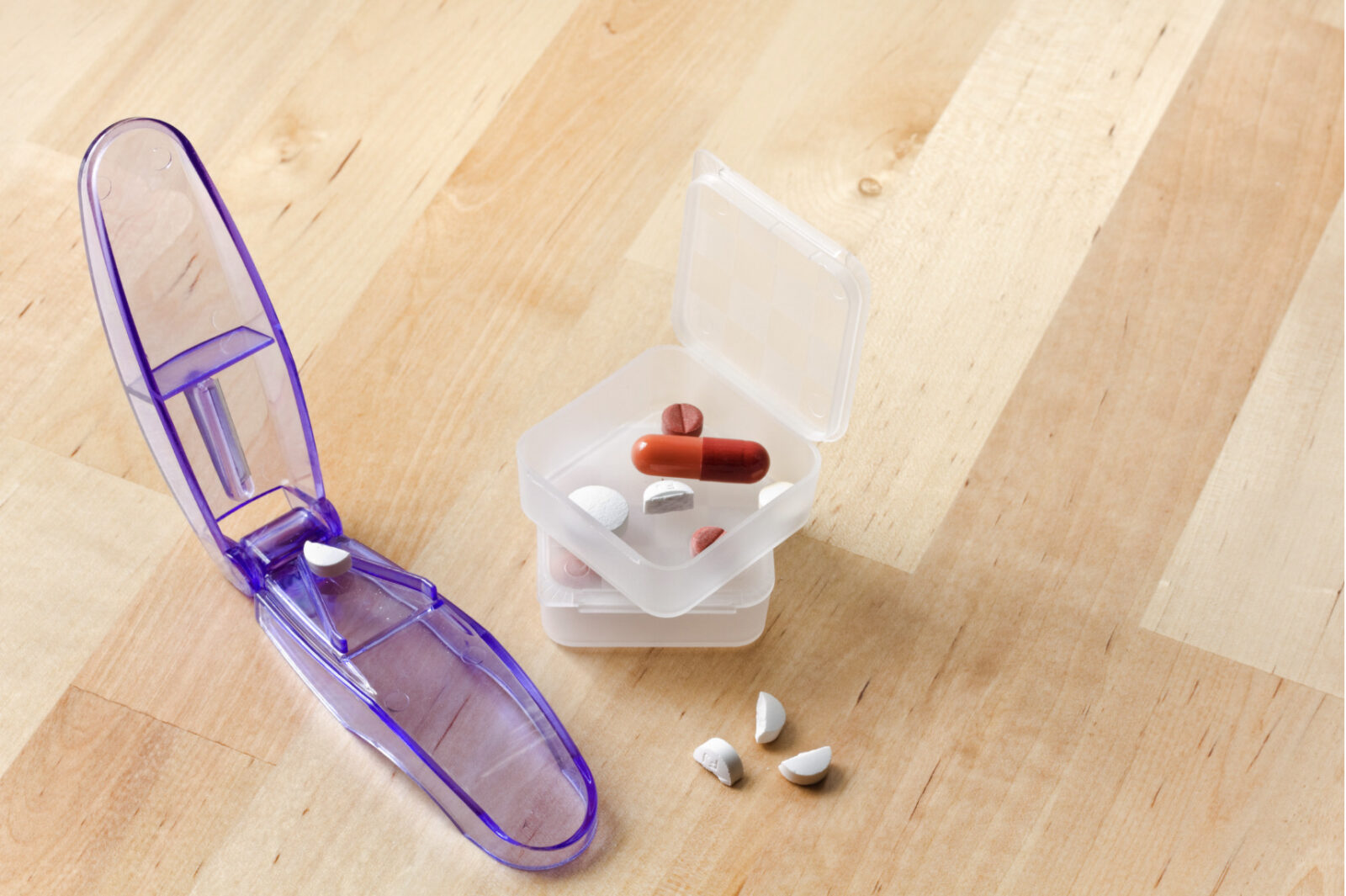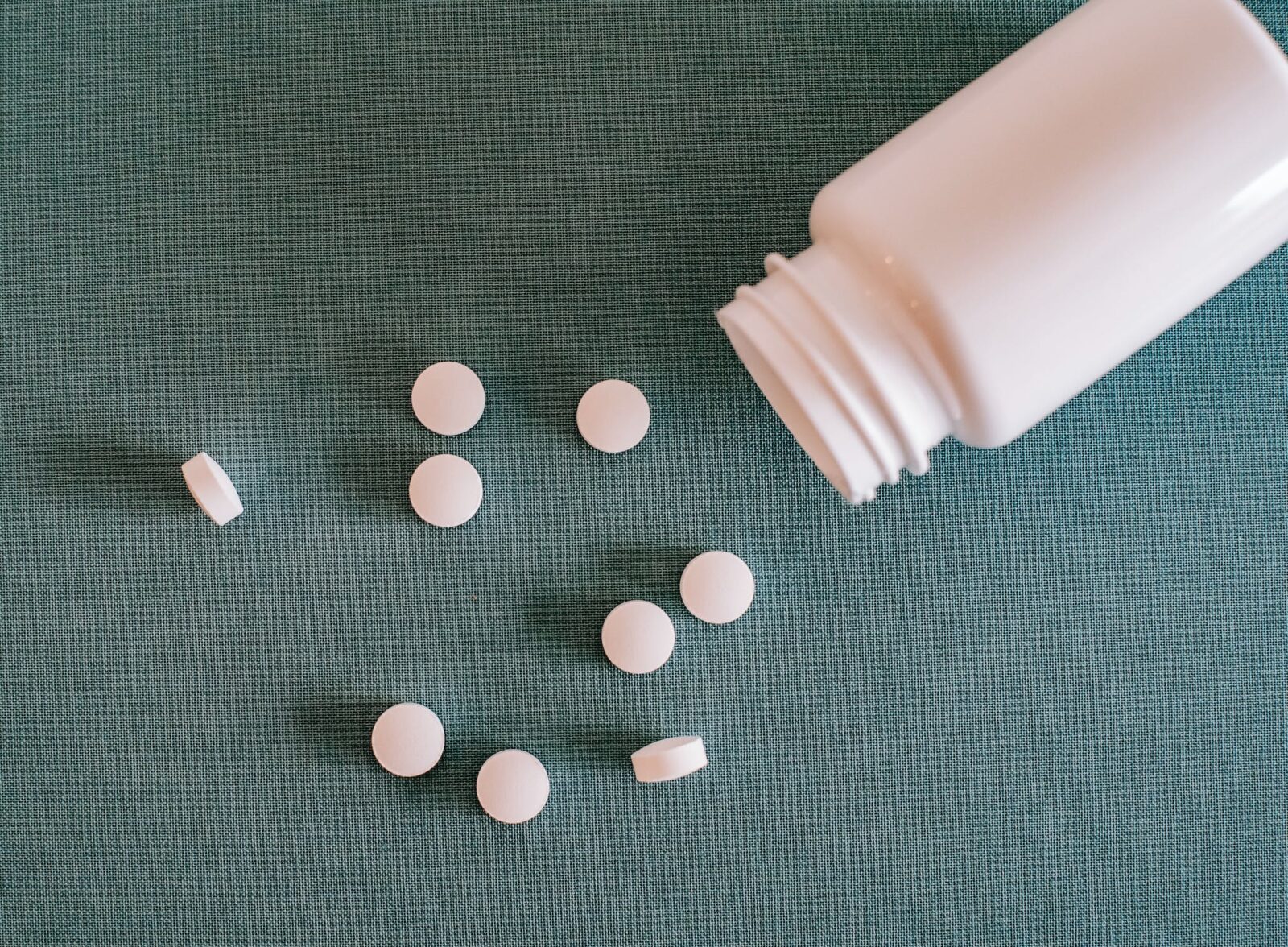We see you. You’re wondering if the “antidepressant” Lexapro (AKA escitalopram) is causing your weight gain. Or maybe you have had nausea, insomnia, or sexual side effects since starting or stopping Lexapro? Plus, could Lexapro be giving you brain zaps? Does Lexapro really have serious withdrawal symptoms? They told you it was non-addicting, and yet you feel dependent? What is the withdrawal timeline?
You feel worse than before you started taking Lexapro, and you aren’t sure if the medication itself is causing your pain—or if it’s your alleged chemical imbalance.
Now you just want to know how to wean off Lexapro, get off Lexparo, and stop Lexapro once and for all!
You may be curious about alternatives to Lexapro, but you are worried that taking another antidepressant selective serotonin reuptake inhibitor (SSRI) is just going to be similar to taking Lexapro—or maybe even worse.
We are holistic psychiatrists, and we’ve got ALL your answers!!
Regardless of whether you’ve been told you have major depressive disorder, generalized anxiety disorder, panic disorder, obsessive compulsive disorder, bipolar disorder, premenstrual dysphoric disorder, or some *other* mood disorder–you are NOT destined to suffer.
And you shouldn’t be stuck sorting through all this by yourself. It’s too much for anyone!
You are NOT imagining these Lexapro side effects. Your concerns are valid. You truly deserve to feel better, and we are sorry you were put on a drug that is causing you to feel so awful.
We’ve compiled everything you need to know about taking and getting off Lexapro.
Does Lexapro Cause Weight Gain?

Yes, the overprescribed depression and anxiety medication Lexapro (escitalopram) can cause weight gain. In some studies, more than half of people who took Lexapro reported an increase in body weight.
At Free Range Psychiatry, we do not need studies to tell us that Lexapro and other SSRIs can cause significant weight gain–we have seen it for ourselves in thousands of patients.
Why does Lexapro cause weight gain? Well, Lexapro can decrease your metabolism, wreak havoc on your gastrointestinal system, and cause increased appetite, too.
Lexapro weight gain can then worsen the mental health symptoms that you were put on Lexapro to solve. What a vicious cycle.
Antidepressant weight gain is not a “minor inconvenience”. If your psychiatrist doesn’t seem to care about Lexapro weight gain–you need a new doctor.
We are specialists in tackling Lexapro weight gain and other side effects and withdrawal symptoms from Lexapro, including the compounded effects of simultaneously taking other psychiatric medications. We are here to restore your faith in doctors. You are invited to schedule a time to speak with us here.
Can Lexapro Trigger Brain Zaps?

Lexapro (escitalopram) can definitely trigger brain zaps. In fact, in our holistic psychiatry practice, it is one of the most common adverse effects patients taking Lexapro and other antidepressants and SSRI medications come to us experiencing.
A brain zap is a sudden, uncomfortable, and unsettling sensation in the head or brain that may feel like a brief electric shock or jolt. Sometimes, people refer to a brain zap as a brain shake, brain shock, or brain shiver. A Lexapro brain zap usually does not pose an imminent danger to you, but it can be very scary and painful.
A Lexapro brain zap may be your body’s way of letting you know that this medication is a poor choice for you.
Does Lexapro Cause Nausea?

Indeed, Lexapro nausea is a very frequently reported side effect. Lexapro (escitalopram) causes nausea by interfering with the normal function of your gastrointestinal system. Lexapro can also irritate the lining of your stomach and change the balance of many chemicals that your gut relies on to function properly.
Your gastrointestinal system has an entire nervous system of its own–kind of like a second brain within your belly. Lexapro flat-out messes with your gastrointestinal nervous system.
Lexapro can also change the input from your five senses within your brain, and change your perception of nausea also—causing you to feel queasy for multiple overlapping reasons.
Does Lexapro Cause Insomnia?

Insomnia refers to difficulty falling asleep, staying asleep, or experiencing restful sleep. Unfortunately, Lexapro (escitalopram) can cause both moderate and severe insomnia.
Lexapro insomnia and sleep disturbances occur because Lexapro alters serotonin levels in the brain, and serotonin is involved in regulating sleep patterns and alertness.
REM sleep can be severely inhibited by Lexapro. REM sleep is the phase of the sleep cycle associated with vivid dreaming. Memory consolidation, learning, emotional regulation, and stress processing all occur during REM sleep.
It is not possible to obtain great health without getting quality REM sleep, and Lexapro essentially causes a REM sleep disorder.
Lexapro insomnia sucks. Sleep is so critical to our wellbeing, and sleep issues should never be ignored by healthcare professionals.
Insomnia from Lexparo can lead to increased sadness and anxiety, difficulty concentrating, impaired cognition, and decreased memory.
Poor sleep can also weaken your immune system, trigger hormonal imbalances, and cause weight gain.
We can help you address your Lexapro insomnia and finally get some real rest. Here’s a direct way to connect with us.
What Are Other Gastrointestinal Side Effects From Lexapro?

There are so many potential gastrointestinal side effects from Lexapro (escitalopram). In addition to Lexapro weight gain and nausea, it can also cause upset stomach, dry mouth, vomiting, diarrhea, constipation, burping, heartburn, bloating, and weight loss.
Lexapro alters the usual operation of your gastrointestinal system and also interferes with its ability to communicate properly with your brain.
The mental health conditions that Lexapro is given to treat, such as depression and anxiety, can also cause gastrointestinal symptoms and weight changes. Sadly, most psychiatrists ignore the physical symptoms of psychiatric illness, despite the fact that they are always present. We never ignore them. You can get help from us by clicking right here.
Can Lexapro Cause Depression And Anxiety?

Absolutely, the “antidepressant” Lexapro (escitalopram) can CAUSE the exact conditions it is prescribed to treat–including depression, anxiety, panic disorder, bipolar disorder, and other mood changes. Some patients get irritable on Lexapro, and some develop suicidal thoughts. Lexapro can cause paranoia and hallucinations, too.
Lexapro can also cause restlessness, memory issues, dream changes, fatigue, dizziness, brain fog, brain zaps, insomnia, and increased sweating.
You may find that you cry more often on Lexapro, and may even find yourself crying all the time. Alternatively, Lexapro may inhibit your ability to cry at all—which is very problematic, as crying can be so beneficial for our health.
You may feel like a “zombie” on Lexapro, like you have been numbed to the point of no longer being you.
Since Lexapro does not treat the root causes of psychiatric conditions, it can exacerbate the reasons you are feeling unwell and trigger severe symptoms such as mental anguish. In our practice, we ALWAYS investigate and address the underlying reasons behind mental health struggles.
Not a single person on the planet has depression, anxiety, or obsessive compulsive disorder because they lack Lexapro or are deficient in another psychiatric medication. We will work with you to figure out together what is truly causing your anxiety and depressive symptoms. Here’s your booking link.
Can Lexapro Ruin My Sex Life?

Yup. Lexapro (escitalopram) can cause sexual side effects and sexual dysfunction. “Lexapro libido” refers to a decreased sexual desire as a result of taking the medication.
Other sexual side effects from Lexapro include decreased sexual arousal, erectile dysfunction, clitoral dysfunction, reduced penile sensitivity, reduced clitoral sensitivity, and reduced G-spot sensitivity.
Some Lexapro patients experience premature ejaculation, while others experience delayed ejaculation or other ejaculation disorders.
Vaginal dryness can also occur from taking Lexapro.
Lexapro can also cause difficulty achieving orgasm—or inability to achieve one at all.
Unfortunately, low libido and other Lexapro sexual dysfunctions can last long after you stop taking the drug. In fact, there is a syndrome known as Post SSRI Sexual Dysfunction (PSSD), in which patients continue to have sexual side effects long after discontinuation of Lexapro or other SSRIs.
Your sex drive, sexual function, and sexual health are a reflection of your overall health. You deserve to feel pleasure and enjoy a fantastic sex life. You should not “just put up with” antidepressant induced sexual dysfunction. Lexapro should not ruin your sex life.
If you have Lexapro libido, erectile dysfunction, or another sexual side effect from taking the drug right now, or if you are experiencing PSSD from taking Lexapro in the past, we can help you.
When is Taking Lexapro an Emergency?

In rare cases, the selective serotonin reuptake inhibitor Lexapro (escitalopram) can cause life-threatening emergencies. If you suspect your life is in danger from taking Lexapro (or for any other reason), please stop reading this and dial 911.
In a small number of people, Lexapro can induce a life-threatening condition called serotonin syndrome. Symptoms of serotonin syndrome include high fever, muscle stiffness, rapid heart rate, elevated blood pressure, confusion, agitation, hallucination, and seizure. The risk of serotonin syndrome from Lexapro increases when Lexapro is combined with other medications and substances, and when someone takes a large dose of Lexapro, such as in an attempt to overdose.
Rarely, severe allergic reactions can occur from Lexapro, causing swelling of the face, tongue, or throat, difficulty breathing, or severe rash. Again, please call for help now if you believe you are experiencing an emergency.
How Can I Manage Lexapro Side Effects?

Managing Lexapro side effects requires a personalized approach. You are as unique as your fingerprint, and your body’s reaction to Lexapro is, too.
In our holistic psychiatry practice, we support our patients in managing the side effects of Lexapro (escitalopram) and other SSRI antidepressant medication—in preparation for ultimately tapering and achieving a psych-med-free life.
Diet, exercise, sunlight, and supplements can help with the side effects of Lexapro. So can identifying and treating any medical issues. Trauma healing, open communication, and spiritual practice can make a difference, too. We are leading experts at managing Lexapro side effects and would love to meet you – click here to book a time to connect with us.
What Do Lexapro Withdrawal Symptoms Feel Like?

We have cared for thousands of patients experiencing Lexapro withdrawal and other SSRI medication withdrawal. Suffering caused by Lexapro (escitalopram) and other SSRI withdrawal symptoms is sometimes called SSRI discontinuation syndrome or “antidepressant discontinuation syndrome” (ADS).
Lexapro withdrawal symptoms occur because Lexapro causes a physical dependence. Becoming addicted to Lexapro is in NO way your fault–it is an expected result of taking any psychiatric or psychotropic medication.
When stopping Lexapro, the withdrawal and discontinuation symptoms can often resemble the psychiatric conditions you may have been put on Lexapro for–including depression, anxiety, bipolar disorder, and panic attacks.
So, what are the possible side effects of stopping Lexapro? All SSRI and antidepressant withdrawal, including Lexapro withdrawal, may cause feelings of hopelessness, irritability, agitation, aggression, mania, dissociation, social anxiety, confusion, suicidal ideation, and overall mood swings.
Lexapro withdrawal symptoms can also be similar to the side effects of Lexapro, including nausea and GI upset, changes in appetite, weight gain, weight loss, low libido, sexual dysfunction, insomnia, dizziness, light-headedness, and brain zaps. Sensory disturbances may also occur—such as pins and needles, tingling, burning, and other electric shock-like sensations.
Many people report flu-like symptoms as a side effect of stopping Lexapro—including lethargy, headache, muscle aches, sore throat, runny nose, congestion, fever, and sweating.
Since a large percentage of patients experience severe withdrawal symptoms from stopping Lexapro and other SSRI medications, it is crucial to get professional assistance when ceasing or tapering off Lexapro and managing Lexapro withdrawal symptoms and antidepressant discontinuation syndrome.
Discontinuing SSRI antidepressants is a serious endeavor. Even getting off a low dose of Lexapro comes with serious withdrawal symptoms. You deserve guidance from experts during this challenging time. Reserve your spot to speak with us here.
What Is The Lexapro Withdrawal Timeline?

Understanding what the Lexapro withdrawal timeline looks like can help you prepare for discontinuing the medication.
Lexapro withdrawal timeline can differ from person to person, and is heavily dependent on whether you cold turkey or wean off Lexparo (escitalopram)–and also influenced by what your tapering schedule for dose reduction looks like. In most cases, it is best to avoid abrupt discontinuation when stopping Lexapro.
Your overall health, lifestyle, and support system will also impact your withdrawal timeline and withdrawal symptoms when stopping Lexapro.
Again, it is best to seek professional guidance in devising a plan to get off and stop Lexapro and in managing withdrawal symptoms and antidepressant discontinuation syndrome. Click here to secure an appointment with us.
Are There Lexapro Alternatives?

Do not worry–you are not sentenced to a life on Lexparo (escitalopram), and you CAN get off Lexapro. There are oh-so-many alternatives to Lexapro.
Psychiatric drugs and SSRI antidepressants like Lexapro do not address the complex myriad of reasons people suffer. They do not account for how nutrition, lifestyle, environment, and unhealed trauma contribute to depression, anxiety, and all other psychiatric labels and psychological symptoms.
Once you work with a holistic psychiatrist to address the root causes of your pain and symptoms, it is unlikely you will feel the need to take another SSRI, antidepressant, or prescription medication as a Lexapro alternative.
Exercise, proper sleep, reducing stress, listening to your body, sunlight, nature, meditation, yoga, dance, and even humming can cause REAL improvements in your mental health.
Supplements can also serve as a Lexapro alternative–including omega-3 fatty acids, vitamin B12, vitamin D, magnesium, l-theanine, Tryptophan, 5HTP, NAC, CBD, melatonin, and probiotics.
We are top pros at determining which supplements and doses are best for you and your unique mind, body, and spirit. Here’s your link to get our help.
How Can I Wean Off, Get Off, and Stop Lexapro?

If you want to wean off, get off, and stop Lexapro (escitalopram) once and for all, we are here to guide you. We specialize in getting our patients off Lexapro and other psychiatric prescription drugs.
We will work with you to identify and treat any underlying health problems and to devise a proper taper schedule for you and your unique situation.
Optimal dose reduction and tapering is the key to minimizing SSRI antidepressant withdrawal symptoms when stopping these medications.
Our Lexparo detox and medication tapering program has had a near-perfect success rate for clients who commit wholeheartedly to the process.
We are the best in the world at devising calculated dose reduction plans to help clients taper off psychiatric medications, including Lexapro, and the best at managing withdrawal symptoms and antidepressant discontinuation syndrome in both acute and protracted withdrawal states.
We can help you get off ANY dose of Lexapro, whether you are taking 5mg, 10mg, 20mg, 30mg, 40mg, 50mg, or ANY other dose.
You deserve a doctor who truly listens to you and honors all aspects of your being–physical, psychological, social, spiritual, and energetic. We see you as a whole person and not just a collection of cells and organs in need of treatment.
We will work WITH you, collaboratively, to identify and treat the root causes of your suffering. Psychotherapy is available to you from us as well, including cognitive behavioral therapy (CBT), dialectical behavioral therapy (DBT), or a blend of various approaches.
Genuine peace, health, and happiness are within reach!
Do not give up.
Here is your link to book a call with us, right here, right now.
💚





I was prescribed celexa 20 mg and Wellbutrin 100 mg 3 years ago for PTSD.. I’ve slowly in the last 10 months reduced celexa to 5 mg by adding l tryptophan, gaba, trimethylglycine and methyl b vitamins… Feeling great but don’t have a plan of how to titrate off Wellbutrin.. Read about adding phenylalanine and tyrosine but need some help